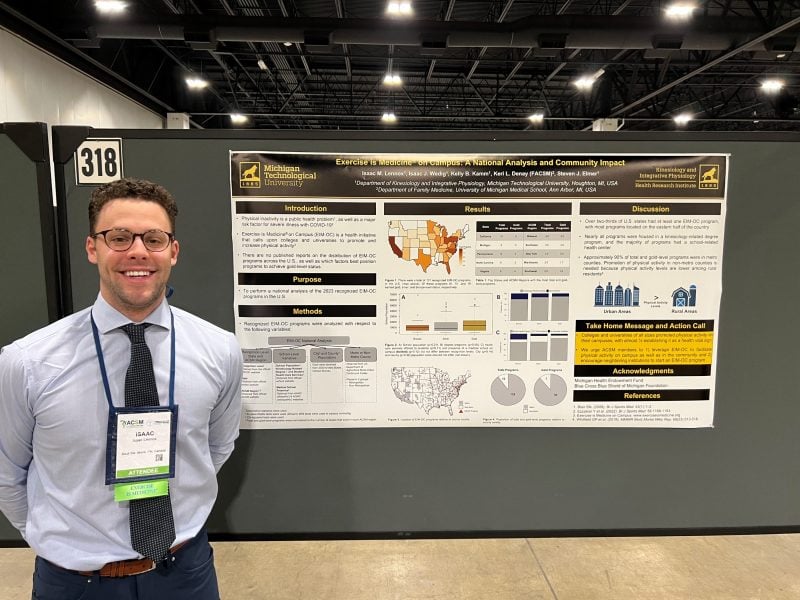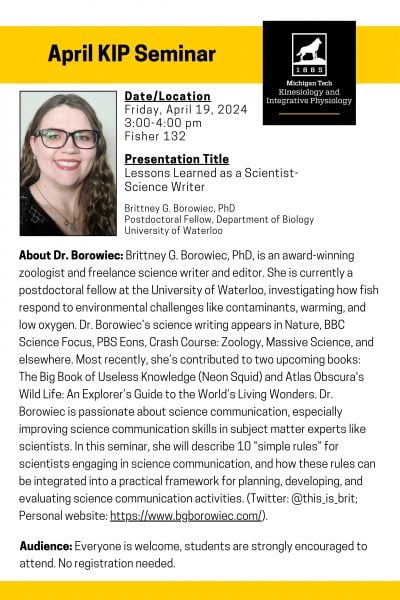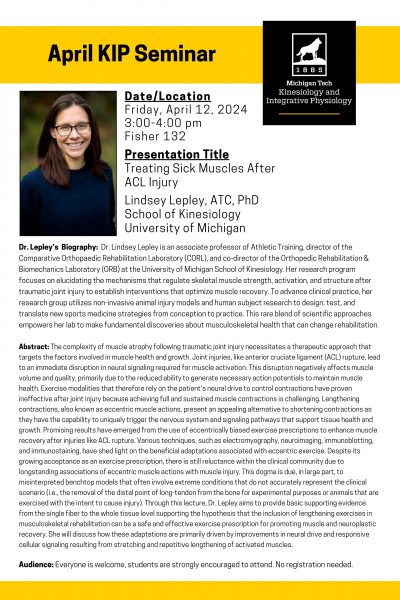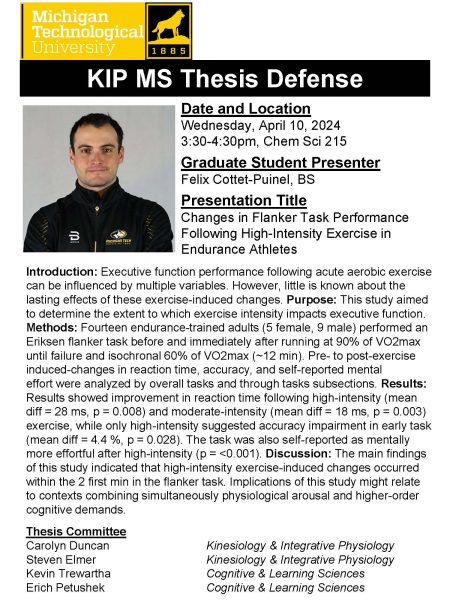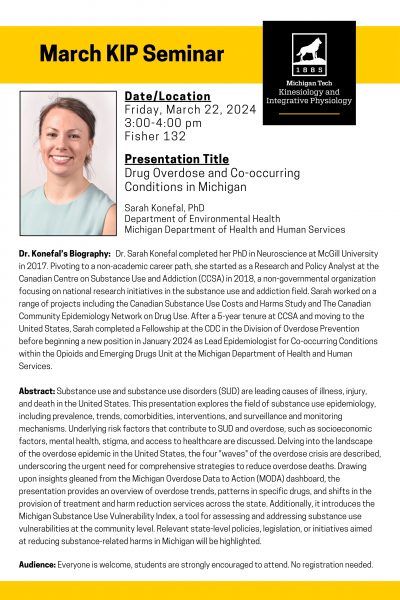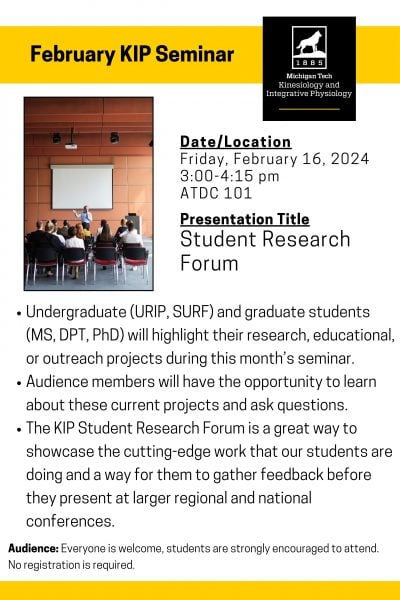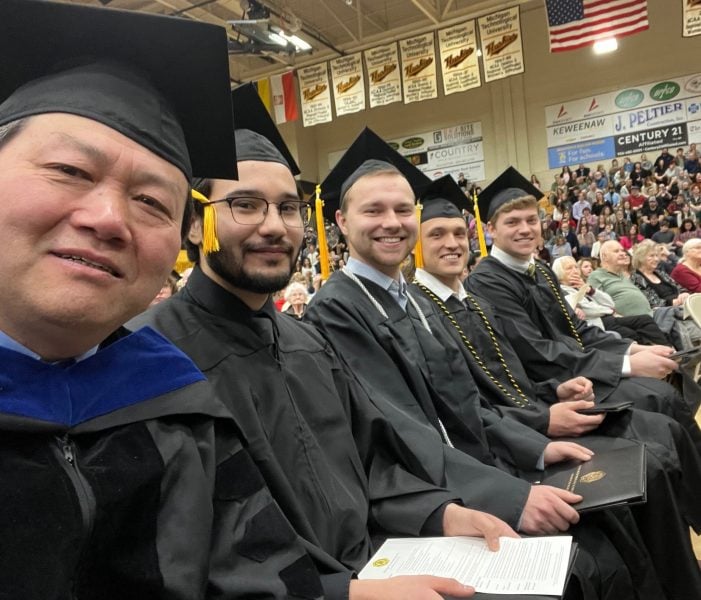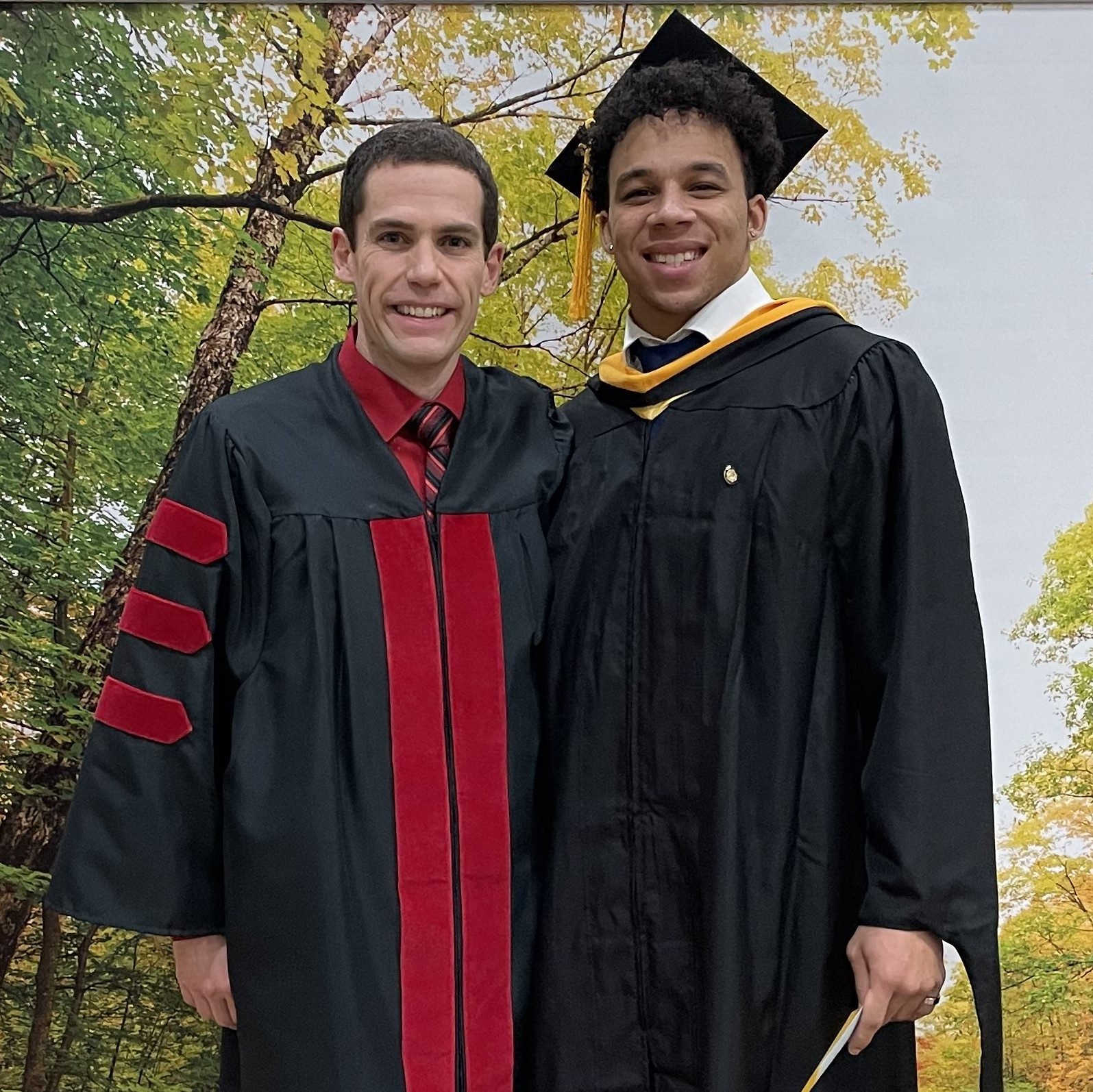Michigan Tech researchers Tan Chen (Electrical and Computer Engineering) and Steven Elmer (Kinesiology and Integrative Physiology) received a research and development grant from the National Aeronautics and Space Administration (NASA). The project is titled “Investigating Lunar Bipedal Locomotion Mechanics and Predicting Human Musculoskeletal Health on the Moon.” Dr. Tan is serving as the PI and Dr. Elmer is the co-PI on this potential two-year award.
Full details can be found in Tech Today.

